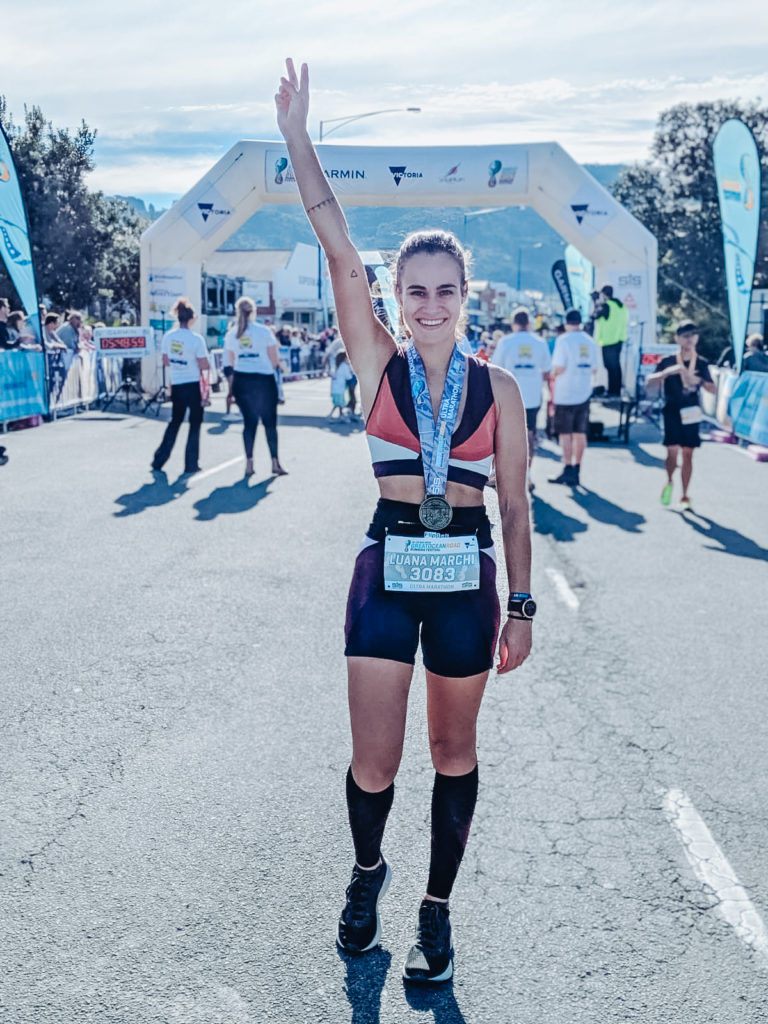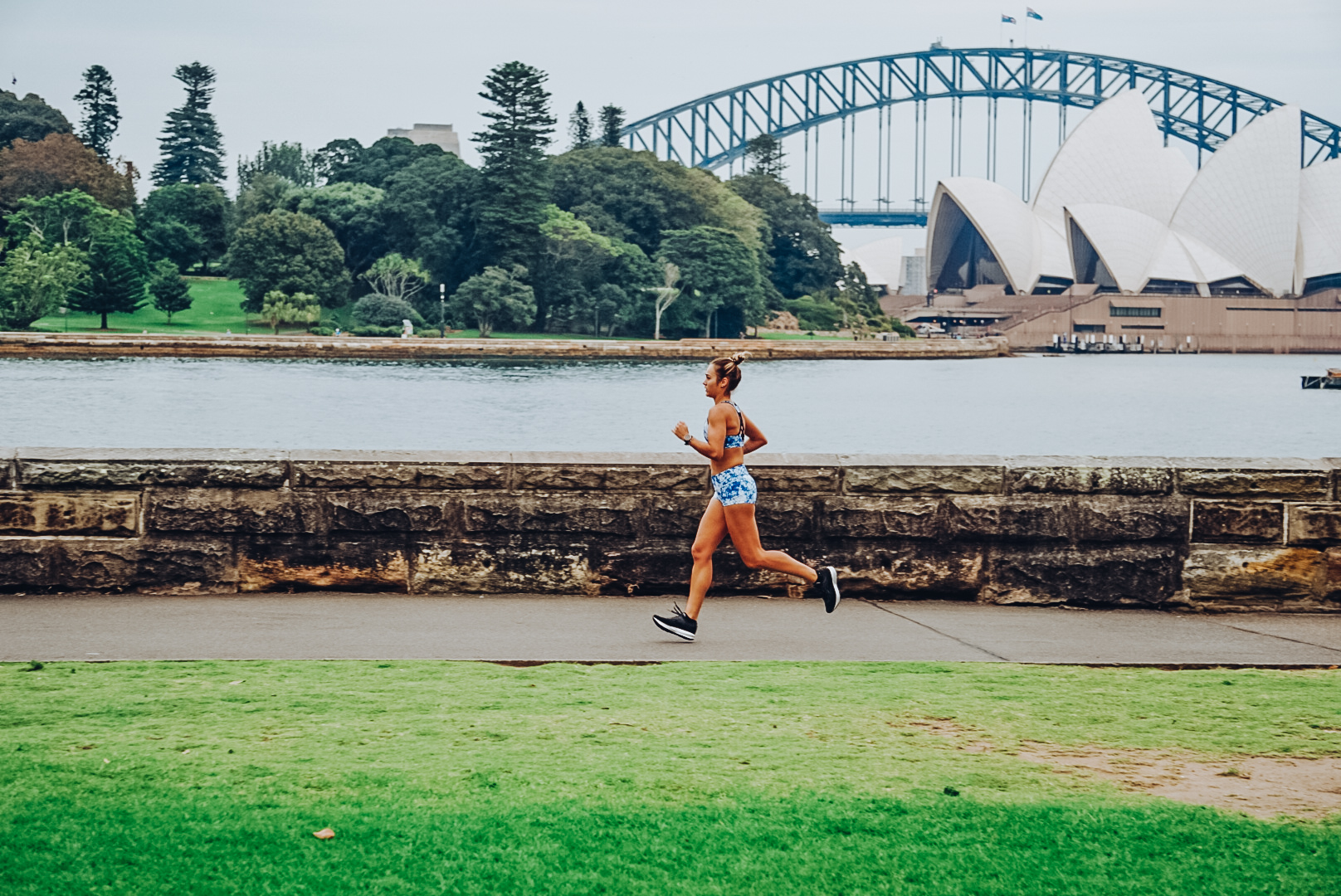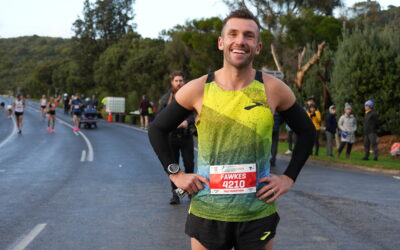Last May I ran my first ultra marathon at the Great Ocean Road. It was one of the most incredible experiences in my life and the hardest so far. I like to say that the most difficult part wasn’t the 60k from the ultra marathon but all the preparation involved to it. Longer distances will require extra commitment on training, dieting and mindset preparation and if you are planning to run an ultra marathon for the first time I want to share with you tips on training for your first ultra marathon;
Allow Time to Get Ready
If you decided to run an ultra marathon make sure you organise your schedule so it is not too stressful. Not only will your long runs increase but you will also need to incorporate extra hours of resistance training as a backup. You will need at least two months of preparation if you are a runner or an athlete with a great aerobic performance. However, if you have been off training for a while or is fresh in the running world give yourself plenty of time to prepare for the event.
With a busy schedule and working most of the weekends during my months of preparation I didn’t want to commit to crazy long runs during my free time. So I opt to invest in increasing my cross training sessions, working my muscles in different ways to prevent overuse injuries and slightly increase the volume of my midweek runs. By that my overall volume in kilometres remained high. Recent studies also show that by using that approach you can also reduce the risk of injury and also benefit recovery. I reached my peak distance which was 40km, 5 weeks prior the race, and them started decreasing till the race day to reduce my body’s exposure to stress.
Prevent Injuries
I really recommend you to dedicate extra time on stretching, foam rolling and core work/stability work to stay injury free. I also included some Chiro and massage sessions which really helped.
Keep Yourself Motivated
Make your long run an excuse to explore.
Every weekend I used to travel to different points of Sydney to run, that helped me to not get bored while running for 2 plus hours. Running around the Circular Quay and crossing the Harbour Bridge still my favourite route though.

Get Yourself Mentally Prepared
Doesn’t matter how well physically prepared your are if your mindset is not ready. An ultra requires mental persistence, self-affirmation and a belief that you can complete it.
There were many highs and lows, before starting I decided to take the focus off the later stages and finishing the race and concentrate on what was current happening. One bit at the time, which kept me calm and was the key to enjoy the race and admire the landscape, after all running along the Great Ocean Road was an incredible opportunity.
Get Ready for Race Day
Use your long runs to test anything you plan to use in the race day shoes, socks, gels/intra training supplement, clothing, earphones, running belt, etc. Any small issue will become a big obstacle during the race.

In my opinion there is no need to invest loads of money in fancy equipment if you make sure you are wearing a comfortable and supportive shoe that suits to your stride and a good pair of socks. In my case I choose to run with Levitate from Brooks which I have been using for a while now and has never disappointed me (60km no blisters)
Race Day
The pain will come and go, run through it. Run easy on a comfortable pace, focusing on consistent effort during the race.
My racing strategy was to break the 60km in 6 blocks of 10km making sure to reset by the end of each block, work on my breathing, checking if my hips were stable, re adapting my body to each stage of the race and setting new goals.
Now you’re ready for the big race. Good luck!

Luana Marchi
Health Coach, Nutritional Therapist & Runner
Luana Marchi is a Health Coach who loves to inspire others to improve their health and wellbeing.




